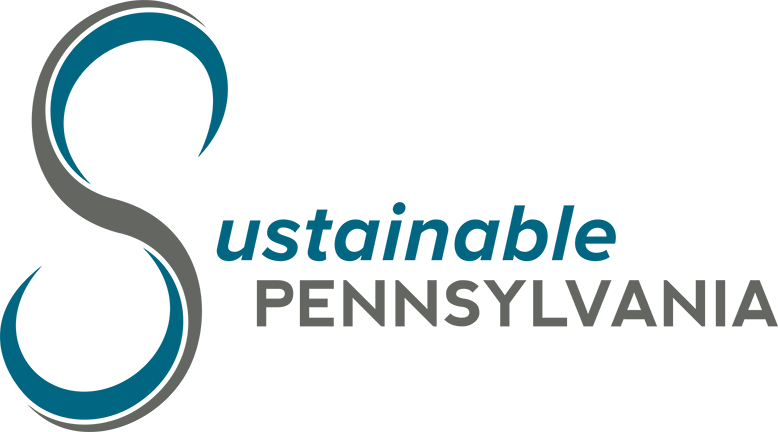Racial Equity Tools
Tools, research, tips, curricula, and ideas for people who want to increase their own understanding and to help those working for racial justice at every level – in systems, organizations, communities, and the culture at large.
Racial Equity Tools
Tools, research, tips, curricula, and ideas for people who want to increase their own understanding and to help those working for racial justice at every level – in systems, organizations, communities, and the culture at large.
United States Environmental Protection Agency
Resrource database for all criteria air for the six common air pollutants (also known as “criteria air pollutants”). These pollutants are found all over the U.S. They can harm your health and the environment, and cause property damage.
United States Consumer Product Safety Commission
This safety guide was prepared by the U.S. Environmental Protection Agency (EPA) and the U.S. Consumer Product Safety Commission (CPSC) to help you decide whether to take actions that can reduce the level of indoor air pollution in your own home.
United States Environmental Protection Agency
Concern about indoor exposure to mold has been increasing as the public becomes aware that exposure to mold can cause a variety of health effects and symptoms, including allergic reactions. This document presents guidelines for the remediation/cleanup of mold and moisture problems in schools and commercial buildings; these guidelines include measures designed to protect the health of building occupants and remediators.
Center for Disease Control and Prevention
Contaminant sources as well as contaminated outdoor air, soil emissions, building emissions, and emissions from building occupants.
International Living Future Institute
The Living Building Challenge (LBC) Red List represents the “worst in class” materials, chemicals, and elements known to pose serious risks to human health and the greater ecosystem that are prevalent in the building products industry. The International Living Future Institute (ILFI) believes that these materials should be phased out of production due to human and/or environmental health and toxicity concerns.
Sustainable Pennsylvania, a joint project of the Pennsylvania Municipal League and Sustainable Pittsburgh, is a voluntary performance recognition program designed to help municipalities set and achieve sustainability goals, save money, conserve resources, and foster a vibrant community.
The Pennsylvania Municipal League is a nonprofit, nonpartisan organization established in 1900 as an advocate for Pennsylvania’s 3rd class cities. Today, The League represents participating Pennsylvania cities, boroughs, townships, home rule communities and towns that all share The League’s municipal policy interests.
The mission of the Pennsylvania Municipal League is to strengthen, empower and advocate for effective local government.
Sustainable PGH is a nonprofit committed to building the knowledge, perspective, and ability needed to create a better tomorrow for our region.
Email info@sustainablepa.org or reach out directly to Bailey Rocco (PML) at brocco@pml.org or (717) 236-9469, or contact Sawyer Sidelinger (Sustainable Pittsburgh) at ssidelinger@sustainablepittsburgh.org or by phone at (412) 258-6642.
